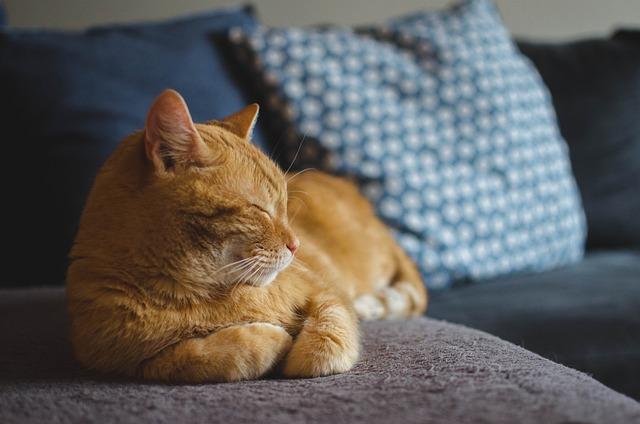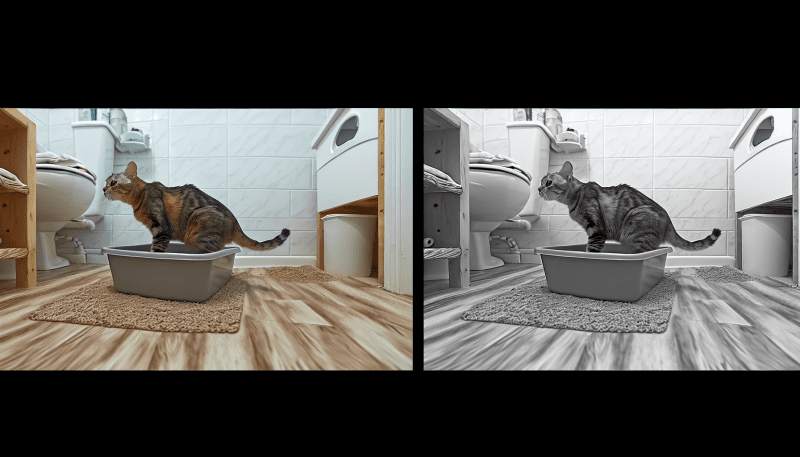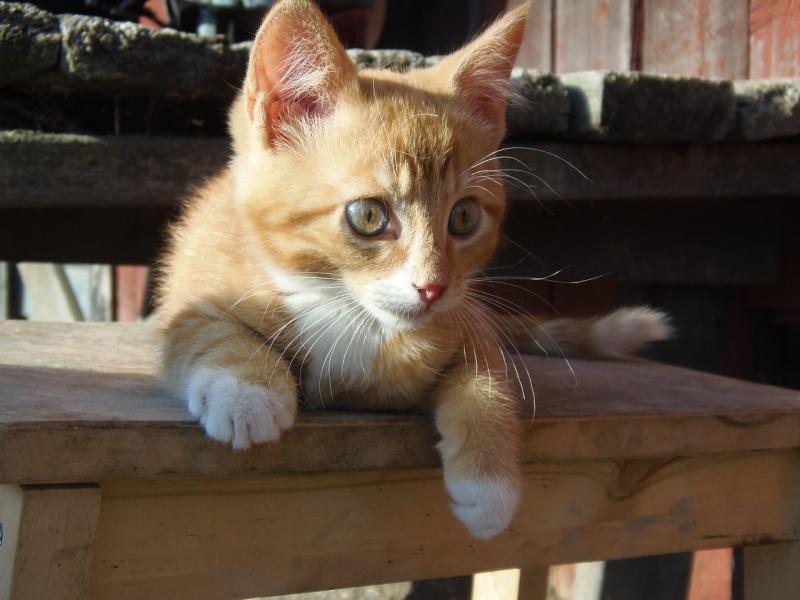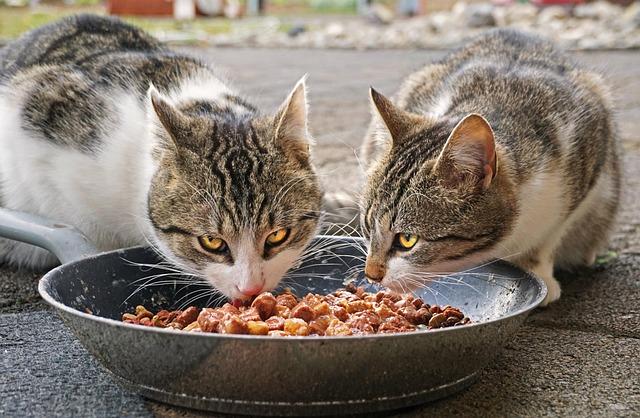As your feline friend ages, their needs change, and it's important to understand how to care for senior cats to keep them happy and healthy. Senior cats are typically considered to be 11 years and older, and they often require a little extra attention in a few key areas.
One of the first things to consider is their diet. Older cats may not be as active, so their calorie intake might need to be adjusted. Look for high-quality cat food that’s specifically tailored for seniors. This food often has fewer calories but more nutrients to support their changing bodies. Speaking of food, make sure to also provide fresh water regularly. Hydration is essential, especially if they're eating dry kibble.
Don't forget about their health; regular vet check-ups are a must. Senior cats can develop health issues like arthritis or dental problems. Keep an eye on changes in behavior, like difficulty jumping or decreased grooming. Early detection can make a significant difference in their quality of life.
Lastly, create a calming environment. Seniors can be sensitive to stress, so having a cozy spot where they feel safe is key. Soft bedding, gentle playtime, and plenty of quiet cuddles can help them feel loved and secure. When considering how to care for senior cats, think about their comfort and happiness as top priorities.
Nutrition Tips for Older Felines
As our furry friends age, their nutritional needs change. Knowing how to care for senior cats involves a close look at their diet. Older cats can face various health issues that may be managed or alleviated with the right food choices.
First off, consider switching to a high-quality senior cat food. These formulas are specially designed to provide the essential nutrients older cats need, such as fewer calories to prevent weight gain and more protein for muscle preservation. Look for options that include added fiber, which can help with digestion and keep things running smoothly.
Hydration is another crucial part of your senior cat’s diet. Older cats may be more prone to dehydration, so encourage them to drink plenty of water. You might consider investing in a cat water fountain; many cats prefer running water and it can entice them to hydrate more. Adding wet food to their meals can also help boost their fluid intake.
Don’t forget about treats! Choose options that are low in calories and high in nutrients. It's a great way to offer a little extra love while still supporting their health. Just remember to keep treats moderate, so their main nutrition stays balanced.
Monitor your cat’s weight and overall health. If you notice any significant changes – like sudden weight loss or changes in appetite – chat with your vet. Regular check-ups are essential as aging cats often need more care, and having the right nutrition is a big part of how to care for senior cats.
Keeping Their Environment Safe
When it comes to how to care for senior cats, creating a safe and cozy environment is key. Aging cats can face various challenges, from mobility issues to sensory decline. Making a few adjustments can go a long way in keeping them safe and happy.
First, consider their space. Senior cats often appreciate soft, low-access areas. Use low-sided litter boxes for easier access, and keep their food and water bowls nearby. Avoid high cat trees where they could fall; instead, offer comfy spots at ground level where they can lounge in the sunshine.
Next, think about lighting. Older cats might have trouble seeing in dimly lit spaces. Adding night lights or keeping rooms well-lit can help them navigate their environment without bumping into things. It's the little changes that can make a big difference!
Lastly, be mindful of hazards. Secure any loose wires, remove small objects they might accidentally swallow, and make sure the area is free from toxic plants. A tidy environment not only keeps them safe but also gives you peace of mind knowing they can explore without worry.
Routine Vet Visits Matter
When you’re figuring out how to care for senior cats, one of the most important things to keep in mind is regular vet visits. Just like us, our furry friends can experience health issues as they age. Scheduled check-ups help catch potential problems early, making it easier to treat them.
During these vet visits, the veterinarian can assess your cat’s overall health, dental condition, and even their weight. They can also recommend specific tests to screens for common issues in older cats, such as kidney disease or arthritis. Regular check-ups can help ensure your kitty is living their best life.
Don't forget to make sure your cat is comfortable during visits. Bring their favorite blanket or toy, and keep them calm by speaking gently. The more positive experiences they have at the vet, the easier those visits will be in the future.



